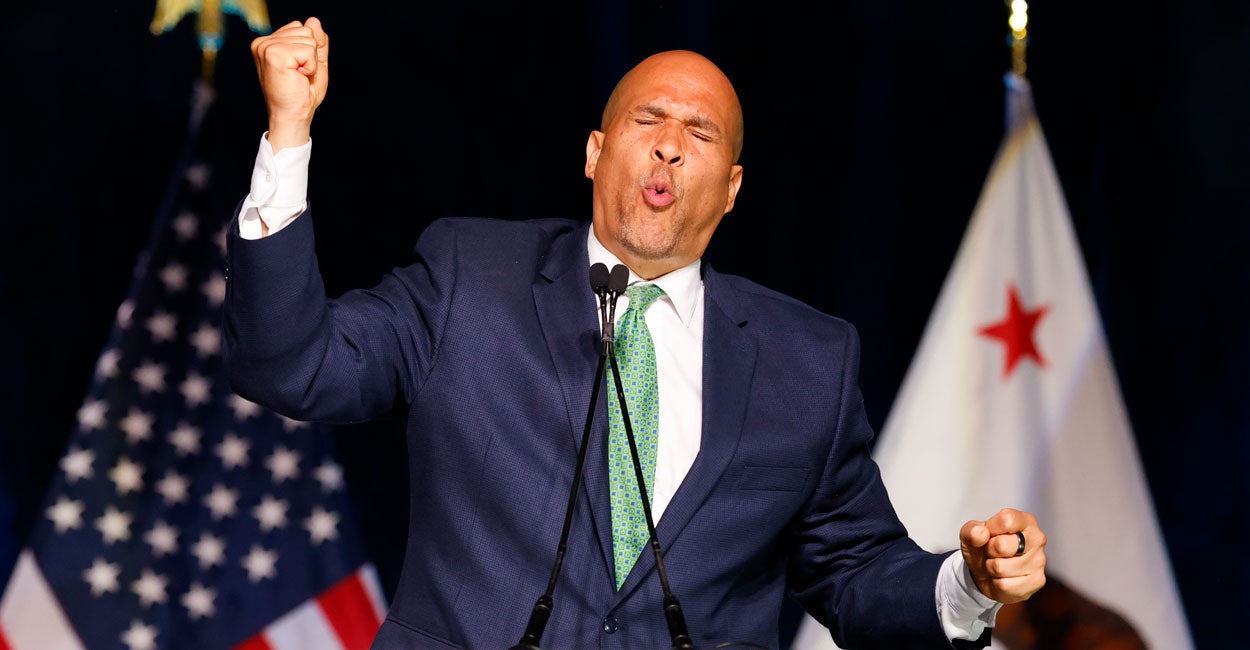Rep Maria Salazar reveals ‘Dignity Act’ is precursor to laws to create ‘path to citizenship’ for illegal immigrants
“At some point in the future, another legislator will write another law to give them [a] path to citizenship.”
Rep. Maria Salazar (R-FL) said in a recent interview that her bill, the Dignity Act, would pave the way for illegal immigrants to get citizenship down the road.
“We give them dignity. At some point in the future, another legislator will write another law to give them [a] path to citizenship. Right now, what we need to do is to buy peace for these people, allow them to stay, to continue working, because they’re needed,” Salazar said.
“You see, what I’m trying to do is to bring some common sense, which is the least common of all senses, to this conversation. The economy needs them,” she added. “They do not have a criminal record. They have not gotten into trouble. They have been here for a long time. They have roots in the country. Let them stay. Don’t give them any type of federal programs, and allow them to pay taxes, help the Social Security fund, and let them stay and contribute with the economy, with no criminal record. What is wrong with that? We need them.”
In a press conference earlier in the month, Salazar called for President Donald Trump to support the Dignity Act, which she introduced to Congress alongside Democrat Rep. Veronica Escobar (D-TX). “Sir, I believe that you could be, for immigration, what Lincoln was for slavery and Reagan was for communism. You are a businessman who understands our economy needs a reliable working force in areas where other Americans don’t participate.”
The bill would allow illegal immigrants to obtain legal status in the US through the Dignity Program, under which illegal immigrants who arrived in the US before the end of 2020 to apply for a 7-year legal status in the US that gives work authorization and protection from removal proceedings.
A pathway to permanent resident status is also created under the bill for Dreamers and DACA recipients. They would be granted conditional permanent resident status for 10 years, during which they can work towards lawful permanent resident status through receiving a degree, completing at least three years of military service, or being employed for at least four years.













